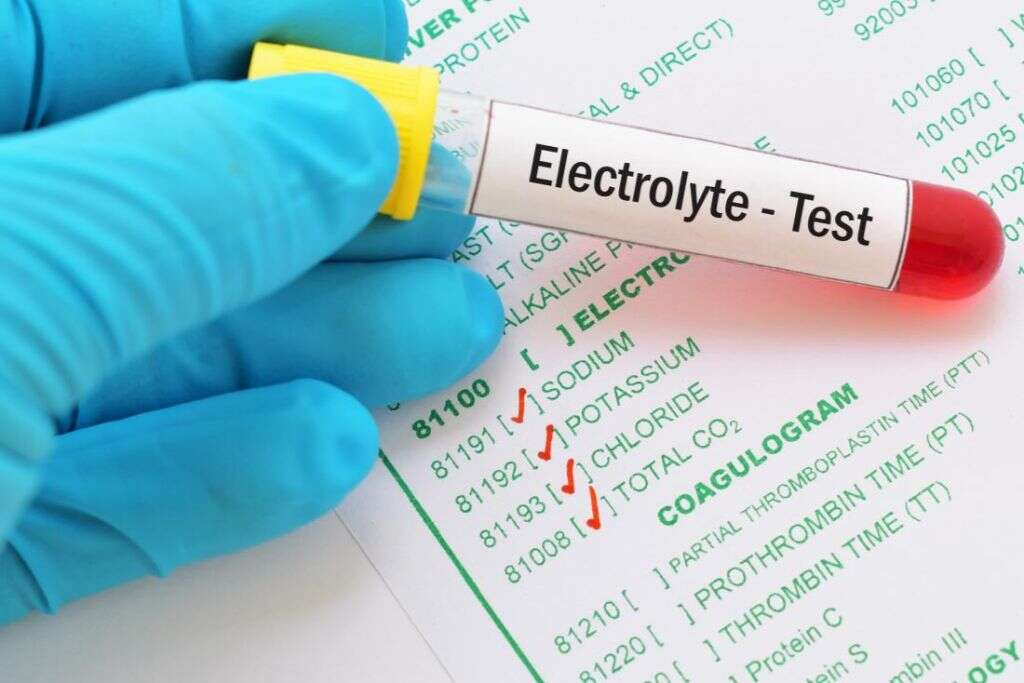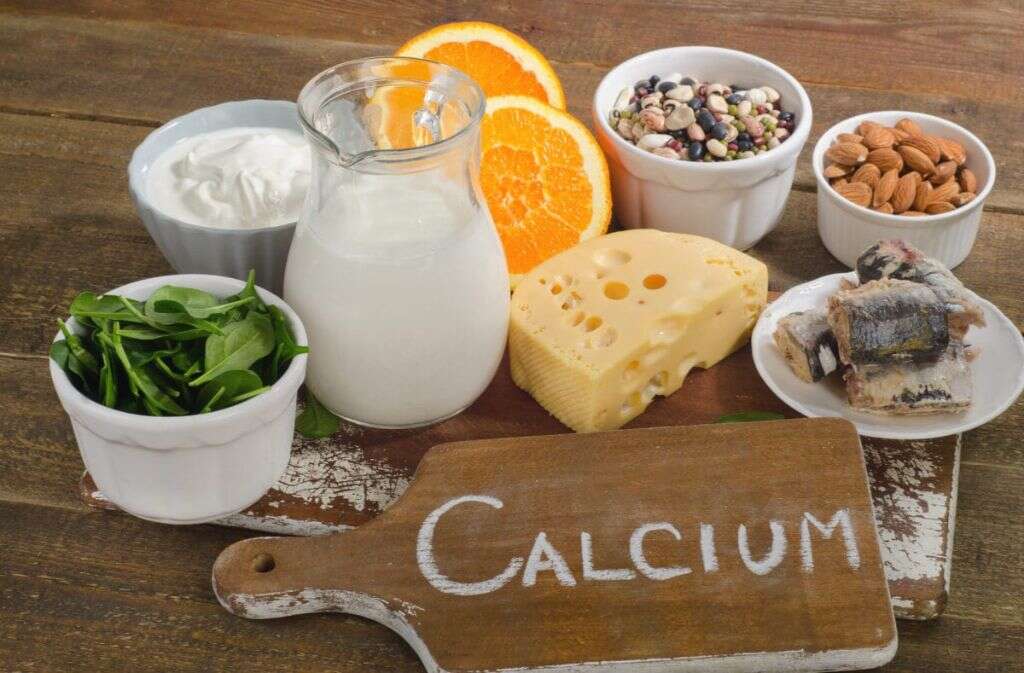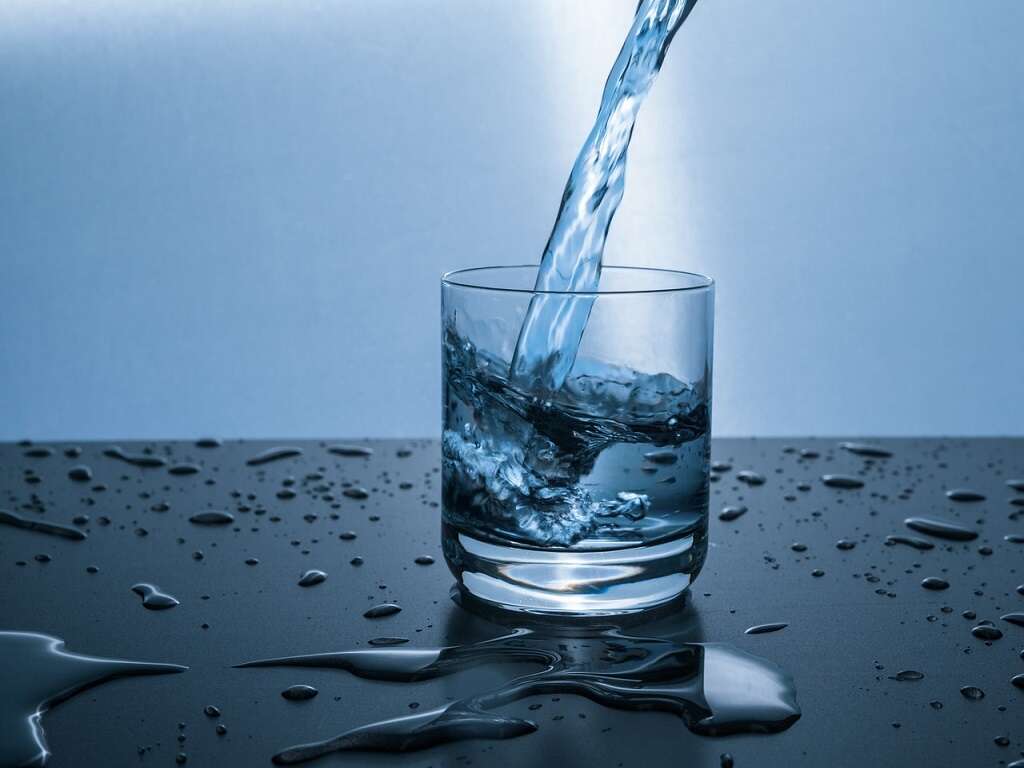What Are Electrolytes?
Electrolytes are parts of compounds, usually salts, which become electrically charged ions when they are in solution form. These electrically charged components are critical for many chemical processes in the body including nervous communication, muscle function, and maintenance of body fluid levels. Indeed, electrolytes are necessary for survival. An electrolyte has either a positive or negative electric charge. The most abundant and most important electrolytes in the human body include sodium, potassium, calcium, magnesium, chloride, bicarbonate, and phosphate.
These electrolytes get into the body through foods and drinks. To ensure that your body gets an adequate supply of the various electrolytes, it is important to include a wide variety of foods and drinks in your diet on a regular basis. Low than normal amounts of one or more electrolytes in the body can affect some processes, which can lead to dysfunctions.

1. How Electrolytes Work
As mentioned earlier, your body uses different electrolytes to carry out many of its processes. For instance, in order for your body to maintain the right amount of body fluid, it requires to excrete some of the water together with other waste materials. This process is controlled by the electrolytes sodium and potassium. Sodium works from outside cells while potassium works from inside the cells, each influencing movement of water in its direction. If these electrolytes are not in proper balance, the body may lose or retain more fluid than necessary.
Other functions of electrolytes include maintenance of the right pH or acidity vs alkalinity, contracting and relaxation of muscles, transmission of nervous impulses, control of the heartbeat, building and repair of body tissue.

2. Why You Need Regular Intake of Electrolytes
Your body requires different electrolytes in different amounts to achieve proper electrolyte balance.
This is necessary on a continuous basis considering that electrolytes have a role in almost every process in the body including digestion of food, production of enzymes and hormones, metabolism, thought processes, exercise, learning, feeling, and touching, among others.

3. Causes of Electrolyte Imbalance
Electrolyte imbalance can occur if your body doesn’t have the right amounts of one or more electrolytes. This would impair the processes that require those electrolytes and cause various dysfunctions. Electrolyte imbalance may occur as a result of inadequate intake, loss through excessive sweating, vomiting, or diarrhea, high blood pH, and use of some medications such as laxatives, diuretics, and steroids.
To ensure that your body gets a regular supply of electrolytes, eat and drink electrolyte-rich foods. These are foods that are known to be high in minerals and includes fruits and vegetables like avocado, beans, spinach, oranges, strawberries, potatoes, bananas, turkey, and fresh fruit juices. In case of deficiency, you may need supplement your mineral intake.

4. Functions of Electrolytes and Optimum Levels
The body requires different amounts of each electrolyte to achieve the proper electrolyte balance. There is an optimum range for each of the electrolytes so that there is enough for the hundreds of processes that go on in the body. In fact, a single process may require a different amount of each of a number of electrolytes.
If one of the required electrolytes is inadequate, the process might fail or be incomplete. Excessive amounts of electrolytes can also cause health problems. Next, we will look at some of the most important electrolytes, their optimum range, and some of their most important roles in the human body.

5. Sodium
Sodium is one of the most abundant electrolytes in the body. The bulk of it is found in blood and other body fluids. One of the most important roles of sodium is the maintenance of normal body fluid balance; a process that also involves the potassium electrolyte. The two electrolytes also play a part in the control of blood pressure.
Sodium also has a role in muscle and nerve functions together with other electrolytes. The normal level of sodium in the body ranges between 135 and 145 mEq/L, which is easy to obtain from diet. For this reason, sodium deficiency is rare. Excess sodium is filtered out by the kidneys and excreted in urine.

6. Potassium
As indicated elsewhere, potassium works together with sodium in a number of processes, especially in maintaining body fluid balance. Potassium is the main positive ion, or cation, within the cell. It is a major player in muscle function and transmission of nervous impulses. Its other functions include maintenance of a normal heartbeat.
The normal level of potassium in humans is 3.5 to 5.5 mEq/L. Good sources of potassium include banana, yoghurt, potato, sweet potato, and avocado.

7. Calcium
Calcium is required in the formation and maintenance of bones and teeth. Calcium is also necessary for muscle and nerve functions, including maintenance of a normal heart rate. Calcium is also necessary for the coagulation of blood and it helps prevent blood clots.
The optimum level of calcium in the human body ranges between 8.5 and 10.2 mg/dL. Good sources of calcium include milk and milk products, sardines, spinach, kale, and collard greens.

8. Magnesium
Magnesium is one of the most critical electrolytes in the body. It is in fact involved in hundreds of processes. The electrolyte cations are required for building and maintenance of bones and teeth. Magnesium ions are also required for muscle function and transmission of nervous impulses.
Magnesium also works as a cofactor in many metabolic processes. Most of the magnesium in the body is found in bones, and only about one percent is found in body fluid. The optimum level of magnesium ranges between 1.3 and 2.1 mg/dL. Rich sources of magnesium include pumpkin seeds, spinach, avocado, almonds, and soybeans.

9. Chloride
Chloride helps in the maintenance of the body’s acid-alkaline balance. It is also required for the formation of hydrochloric acid required for digestion. Hydrochloric acid in the stomach is also called gastric acid. Chloride also helps maintain plasma electroneutrality.
The normal chloride level ranges between 96 and 106 mEq/L. Chloride intake mainly occurs in the form of table salt, also called sodium chloride, and salted foods.

10. Bicarbonate and Phosphate
Bicarbonate is required in the body for neutralizing excessive acidity. This way, bicarbonate helps maintain the acid-alkaline balance so that blood pH remains within the normal range of between 7.35 and 7.45. Bicarbonate ions also help transport waste carbon dioxide from body tissues and organs to the lungs where it is expelled. Normal bicarbonate levels range between 22 and 26 mEq/L. Foods high in bicarbonate include those containing baking soda or sodium bicarbonate, bananas, spinach, and potatoes.
The human body needs phosphate for building and repair of bones and teeth, storage of energy through the production of adenosine triphosphate or ATP. Phosphates activate B-complex vitamins, and are also important cofactors in the metabolism of carbohydrate, fat and protein. 85 percent of phosphate is found in bones and the rest is mainly found within cells. The normal phosphate levels in blood range between 2.5 and 4.5 mg/dL. Rich sources of phosphate include lentils, scallops, whole grains, squash seeds, chicken, milk, and beef.












